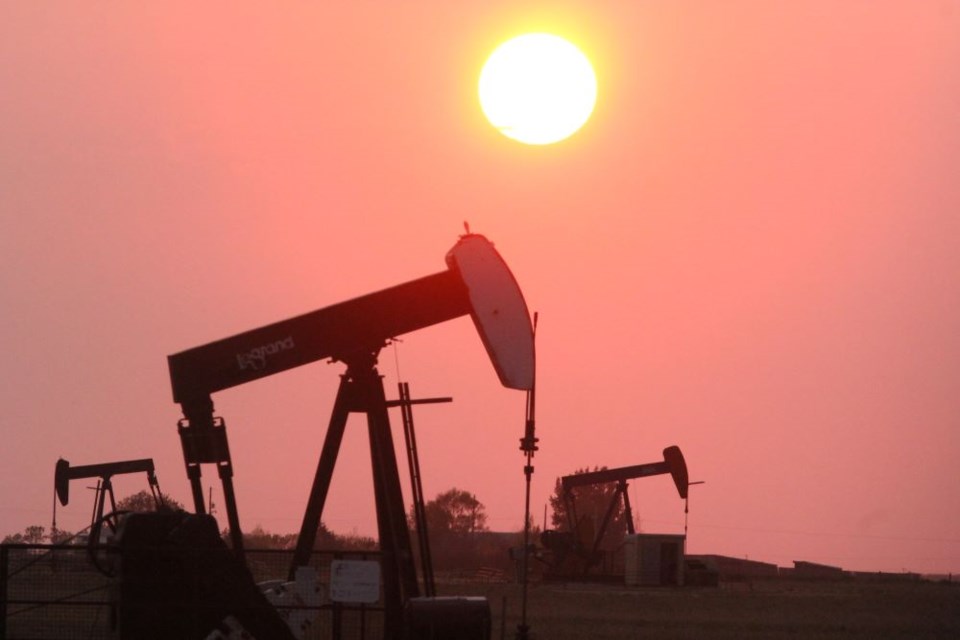REGINA - Saskatchewan is the most attractive jurisdiction in Canada for oil and gas investment, according to the Fraser Institute's 2023 Canada-U.S. Energy Sector Competitiveness Survey.
Overall, Saskatchewan ranked third in the survey out of 17 jurisdictions, according to a news release from the provincial government issued Wednesday morning.
"Saskatchewan continues to assert itself as a reliable energy investment jurisdiction," Energy and Resources Minister Jim Reiter said. "Our government will continue to fight for, and support, the jobs and growth that 26,000 energy workers and their families in Saskatchewan have come to rely on. We look forward to further improving our investment attraction in the years to come."
Saskatchewan is the highest-ranked province and the only Canadian region to crack the top five, with Alberta and British Columbia coming in ninth and 15th, respectively. This continues Saskatchewan's upward growth after ranking sixth in 2022 and 11th the year prior.
The Fraser Institute annually ranks U.S. states and Canadian provinces following a survey of senior executives in the upstream oil and gas sector. The government said respondents scored Saskatchewan favourably in areas relating to regulations, labour, taxation, infrastructure and security.
Saskatchewan also ranked first in Canada for mining investment attractiveness, according to the Fraser Institute's Annual Survey of Mining Companies for 2022. The province is home to 23 of the 31 critical minerals on Canada's list and the world's largest deposits of potash and high-grade uranium. Total mineral sales for the 2022 fiscal year surpassed $19 billion.
The government says promoting Saskatchewan's quality and sustainable energy products, as well as maintaining an attractive business climate, will ensure that Saskatchewan remains on track to meet its 2030 Growth Plan goals of increasing oil production by 25 per cent to 600,000 barrels per day.




